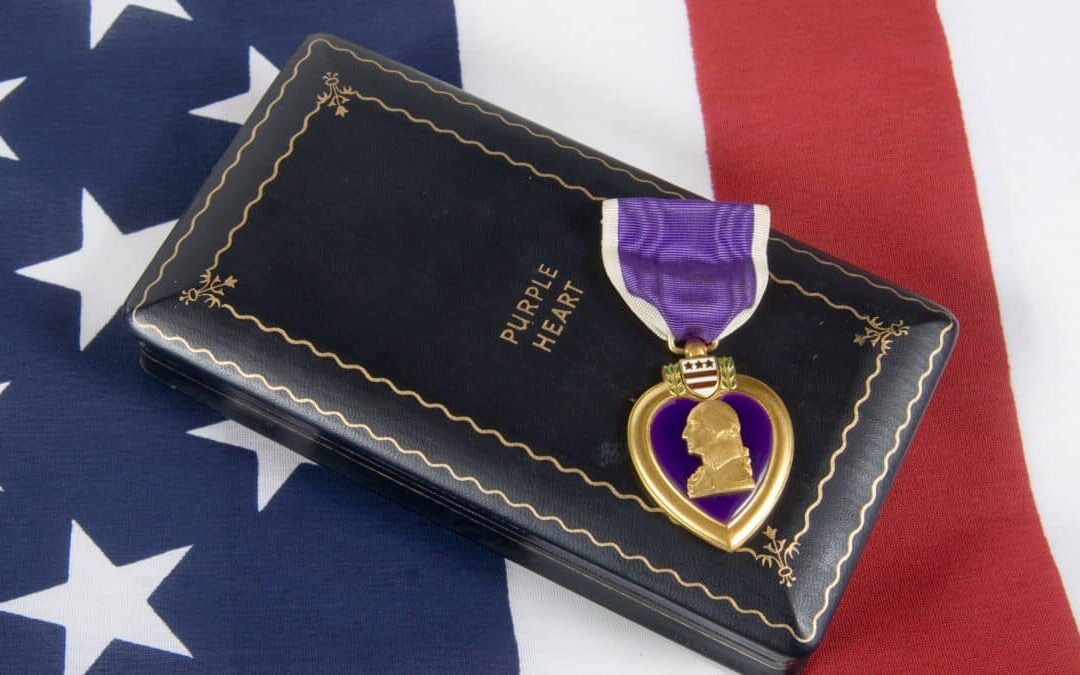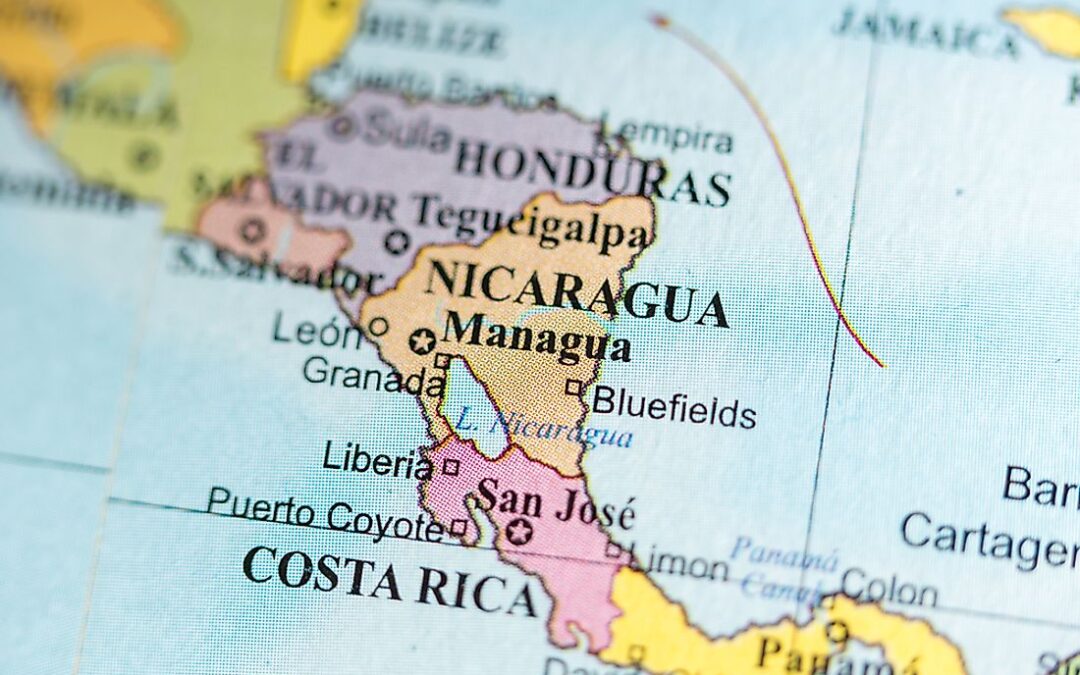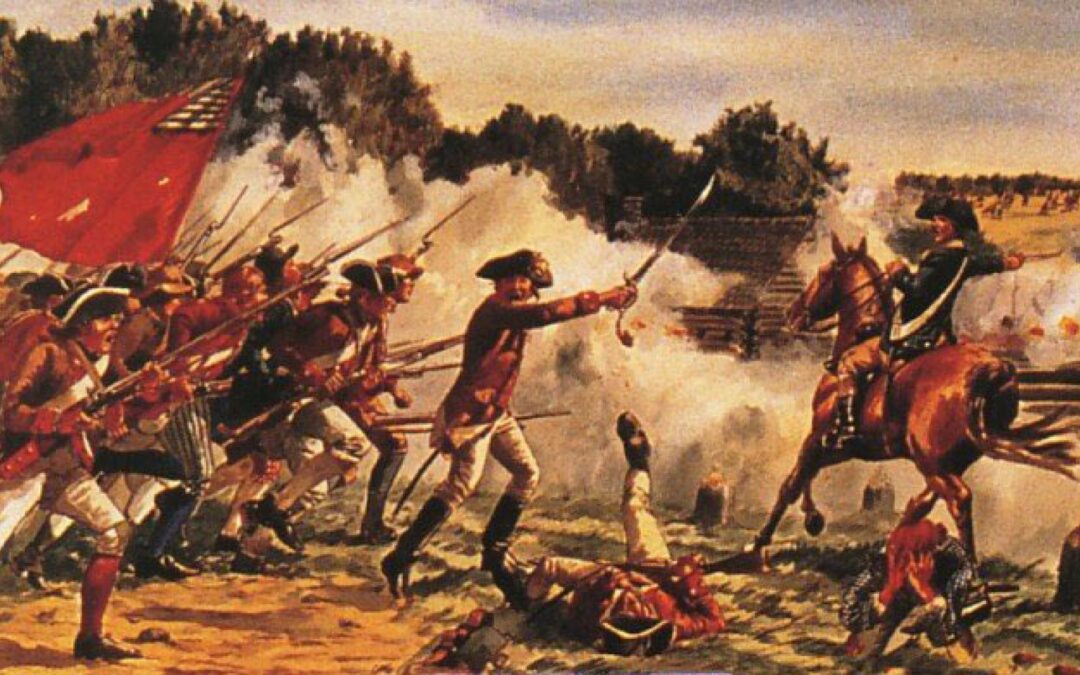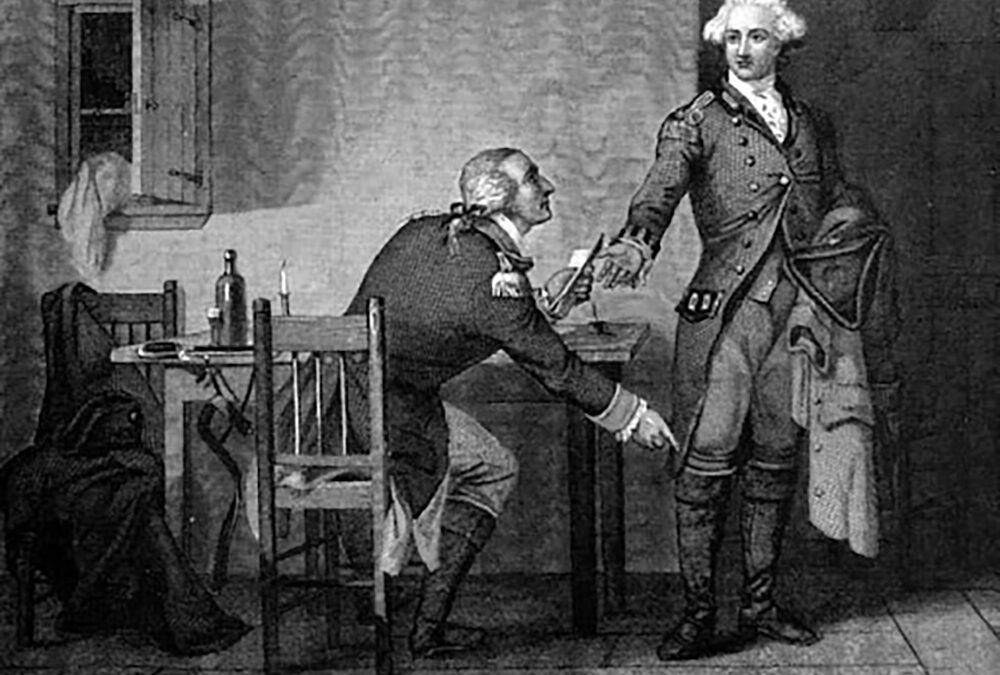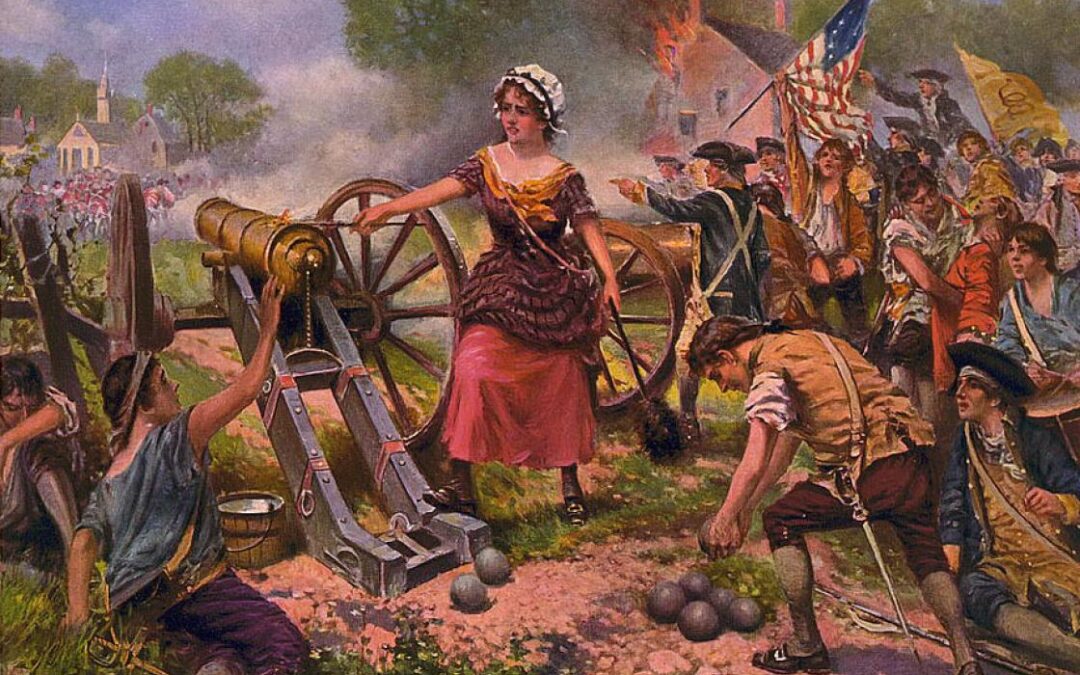Kurt Russell is one of Hollywood’s most recognizable actors, known for a career that spans action, drama and westerns. From Escape from New York to Tombstone and The Hateful Eight, he built a reputation for portraying resilient, grounded and disciplined characters. Long before becoming a screen icon, however, Russell served in the California Air National Guard, an experience that helped shape his work ethic and sense of responsibility. While his military service did not involve combat, it...

